Premium Only Content
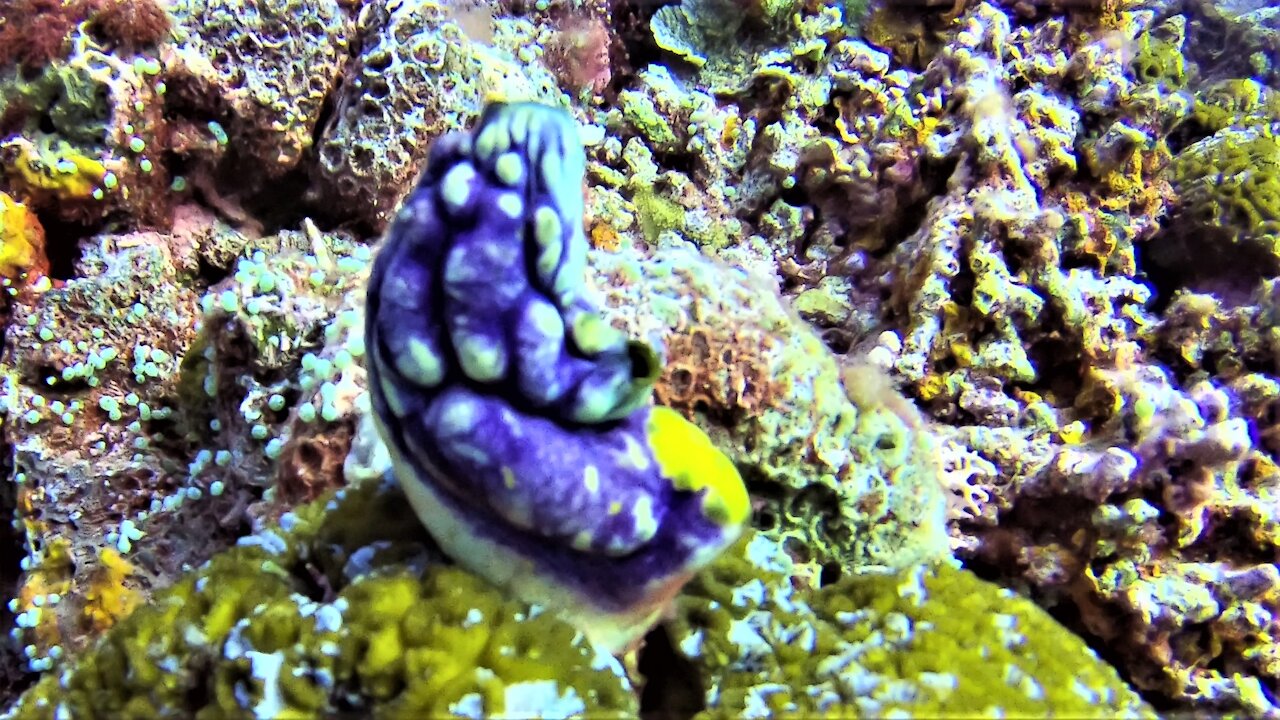
This bizarre ocean animal is believed to hold a cure for Covid-19 and cancer
The ocean is full of strange and diverse life, with secrets well beyond our understanding, and even beyond our imagination. Scientists are finding new animals and new plants constantly and applying what they learn about them in ways that could change our lives. Scientists have made a discovery very recently surrounding one of the ocean's smallest and most numerous inhabitants and a strong possibility of a cure for Covid 19. The compounds in these tunicates are now in phase III clinical trials and researchers think it is 27 times as effective as a drug that was previously leading as a hope for an effective treatment.
These small animals are called tunicates and they live on the rocks and coral on the bottom of the ocean. They can be found in shallow areas and at depths of up to 200m. A few species are even capable of thriving deeper than this. They live singly, or in colonies, anchored, in most cases, to the surfaces on which they take up residence in their larval stage. They begin life as an organism that is very similar to a tiny tadpole in appearance and structure. They select a surface, affix themselves and begin metamorphosis into the brightly coloured siphon feeder that is seen in this video.
These scuba divers are exploring the waters of Kimbe Bay in Papua New Guinea, taking a close look at these amazing creatures and studying their habitat. Although they appear to be simple animals with no remarkable features, they are far more complex than meets the eye. Tunicates filter water at a rate that equals their own body volume every second. This equates to roughly 4,000 litres (1,000 gallons) of sea water being filtered each day by an organism that is the size of a chicken egg. The tunicates extract bacteria and oxygen from the water to sustain them, making the ocean cleaner in the process. Large colonies, working together, can have significant effects on the water around them. They have a heart, stomach, circulatory system, an intestine, and even reproductive organs. Their hearts reverse the flow of blow every few minutes. Their complexity is impressive and astounding, considering their ordinary and simple appearance.
But what has scientists so excited recently has nothing to do with their physiological complexity. Their tissues hold a chemical compound called "aplidin" which is a potent antiviral agent. Researchers are convinced that it is one of the most effective treatments available for the battle against Covid 19 and other viruses. As recently as January of 2021, the drugs that have been created with this compound are entering phase III clinical trials.
Researchers had previously held great hope for "remdesivir", a promising cure, but aplidin now appears to be 27 times as effective against the novel coronavirus. With the race to battle Covid 19, science is looking in new directions for treatments and cures. It is a lesson to us all that such discoveries come from the plants and animals around us. Protecting our environment and the creatures of our world is important for reasons that we are only beginning to understand. What other crucial secrets lie beneath the waves, or in our forests?
-
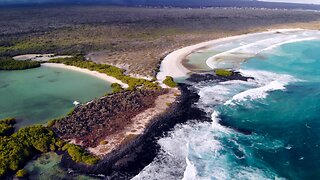 2:34
2:34
WildCreatures
9 days ago $0.31 earnedHow you see your world is more important than you think
3.08K7 -
 0:39
0:39
WildCreatures
3 years ago $58.41 earnedThis ocean animal has a very surprising way of obtaining food
12.7K18 -
 1:49
1:49
WildCreatures
3 years ago $1.82 earnedWitness one of the most bizarre animals in the entire ocean
4.86K14 -
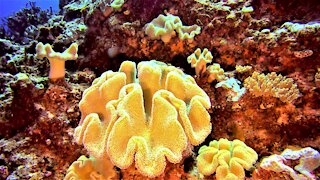 1:16
1:16
WildCreatures
3 years ago $0.81 earnedThis beautiful coral may hold a secret for curing cancer and helping stroke victims
5.19K22 -
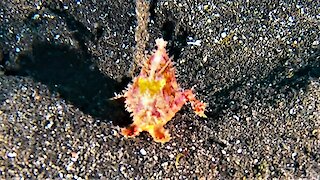 1:24
1:24
WildCreatures
5 years ago $5.18 earnedFrogfish is one of the most bizarre fish in the Pacific Ocean
2.85K -
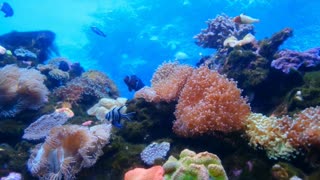 11:51
11:51
Ataezza
4 years ago $0.14 earnedOcean animal world
9901 -
 3:28
3:28
WXYZ
4 years agoCancer and COVID-19
124 -
 3:55
3:55
WKBW
4 years agoCOVID-19 AND LUNG CANCER
153 -
 1:18
1:18
WildCreatures
3 years ago $1.36 earnedThis frogfish is one of the most unusual creatures in the ocean
7.2K15 -
 2:40
2:40
KJRH
4 years agoCOVID-19 impacts animal control policies
182